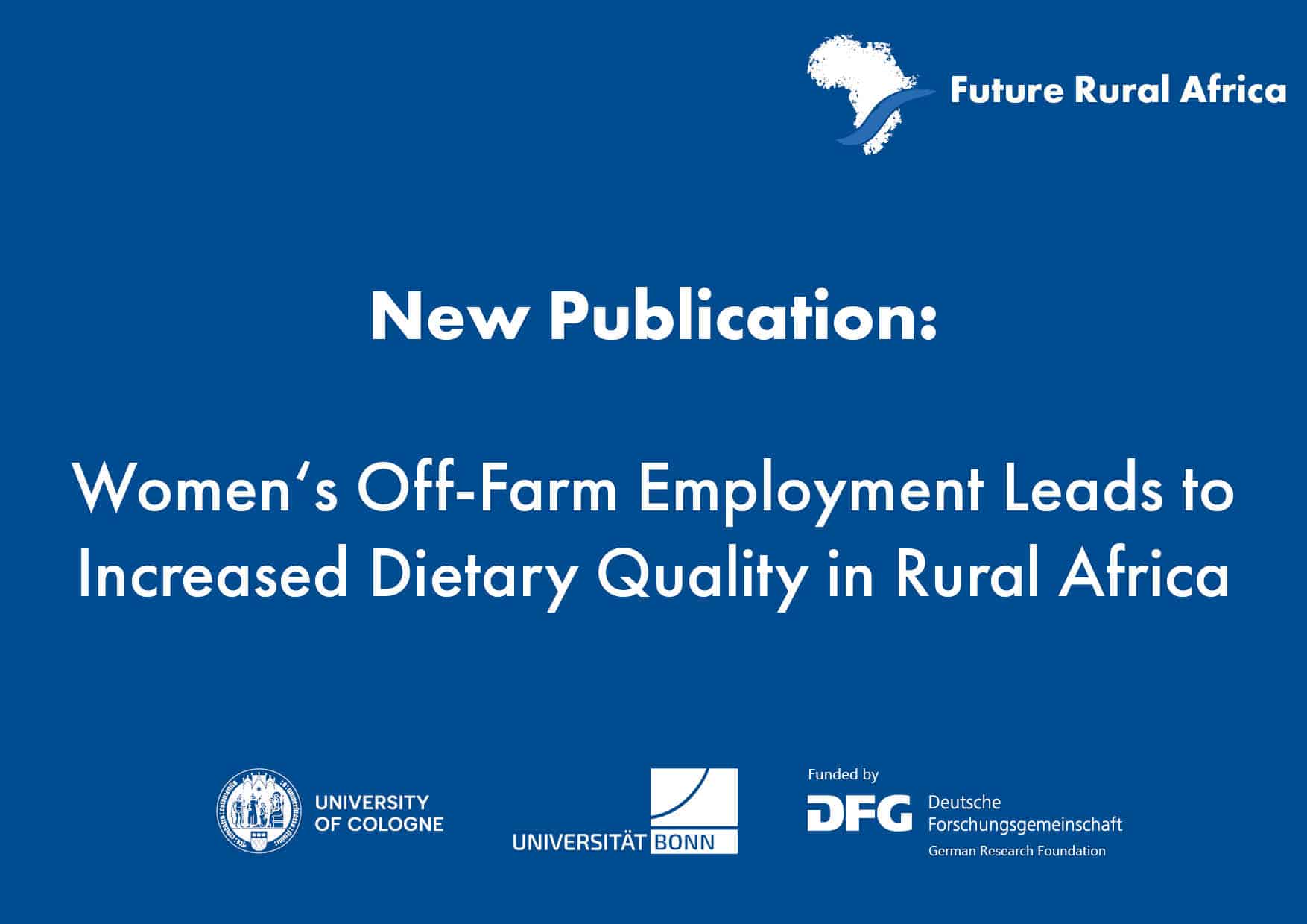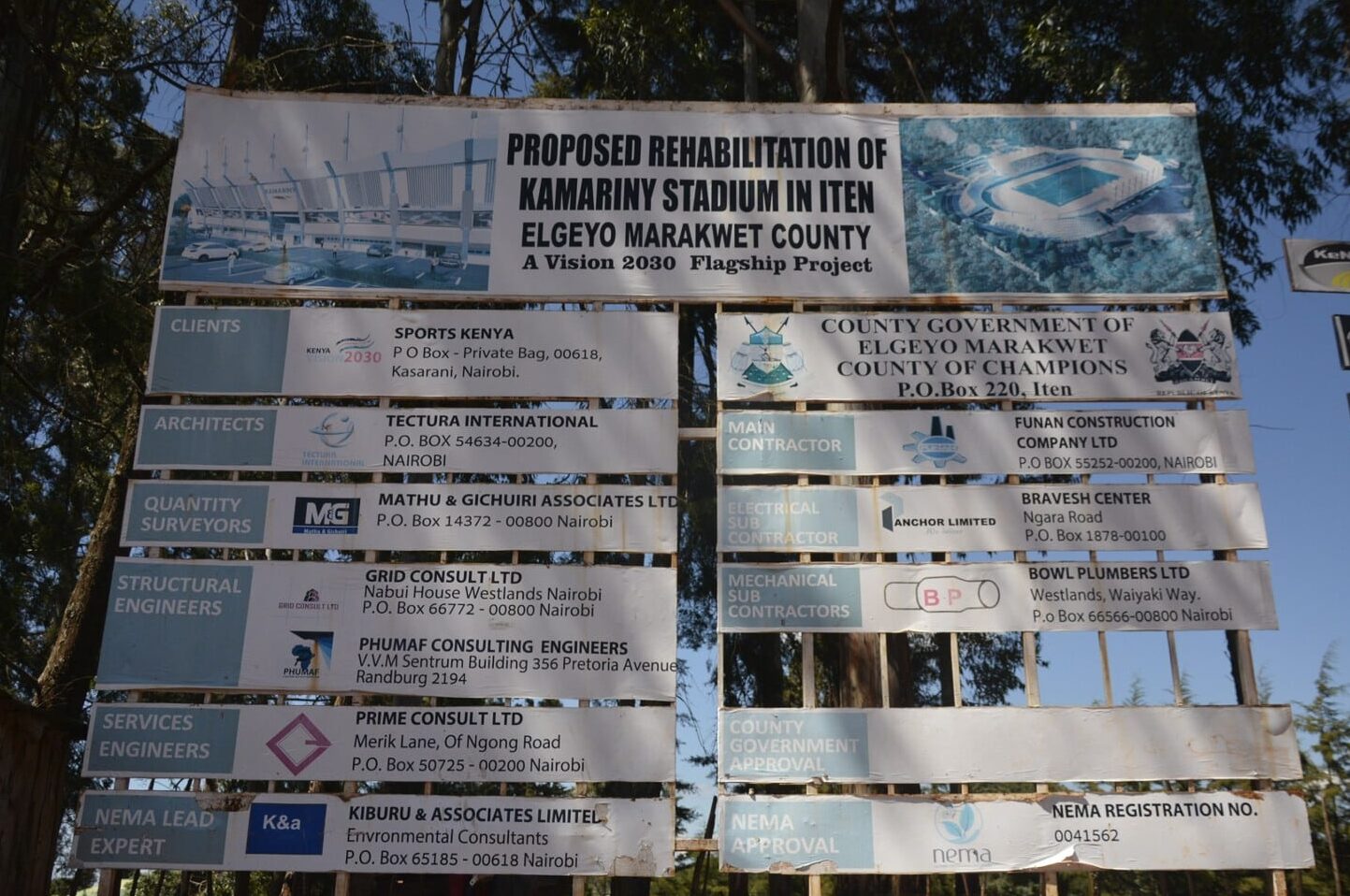As a student assistant of the CRC, Astrid Matejcek wanted to find out more about the current dynamics in the Kilombero Valley, one of our three main study regions. Thus, she applied for an internship with the “Green Growth project” currently implemented in Ifakara by the African Wildlife Foundation.
„One afternoon I found myself planting rice in some research project on intensified rice cultivation invited by researchers from the agricultural department of University Bonn: Planting rice is a balancing act between geometric accuracy, sensitivity, precision and effort, dirt, sweat and insect bites. Down to my knees and elbows in the mud of the pelvic fields of rice I feel flashed back to my childhood and so down to the earth. The fields are located in a quiet landscape between Udzungwa Mountains and Kilombero River.
It’s hard to believe that this sleepy Kilombero floodplain is the same as the appearing battlefield at the African Wildlife Foundation’s Intergrated Landmanagement workshop. Various stakeholders are problematizing their plans and challenges in the landscape: agriculture expansion, lack of sustainable cultivation, water pollution, overpopulation, loss of biodiversity, climate change and poverty seem to be determining here. Competing land uses reveal contradictory goals especially at their borders, which the Inclusive Green Growth initiative seeks to balance. In this context, wildlife management in the Kilombero Nature Reserve or Udwungwa Mountain National Park will be strengthened, wildlife corridors such as Ruipa or Mngeta restored and the agricultural practice and product marketing revolutionized. With 70% share of small farmers, the dependence on rice cultivation is high. The success of intensified cultivation techniques and drought resilience is expected. Nevertheless, rain sets in later than normally expected and the rainy seasons are too short for the high water needs of the intensified rice growing season. The rice close to the river banks, which have enough water available, taste the Hippos, too. But even if the pilot project “ecologically sustainable rice cultivation” can produce more effectively in terms of space, that still does not mean that it is more economical. Disproportionately high manpower characterizes the cultivation method, which is to be further exploited in the context of SAGCOT in the sense of an agro-industry. There are enough reasons to doubt the all-healing agent called rice.
Anyway, all of this is so far away when the mud of my plant neighbor splashes into my face trying to explain to me with his hands and feet the jokes of the farmers, so that I can participate in the rousing laughter. From the cell phone of another, who washes, divides and cuts the tender seedlings in the surrounding drainage, the well-known voice of Rihanna sounds: “Bon appetit baby …”






